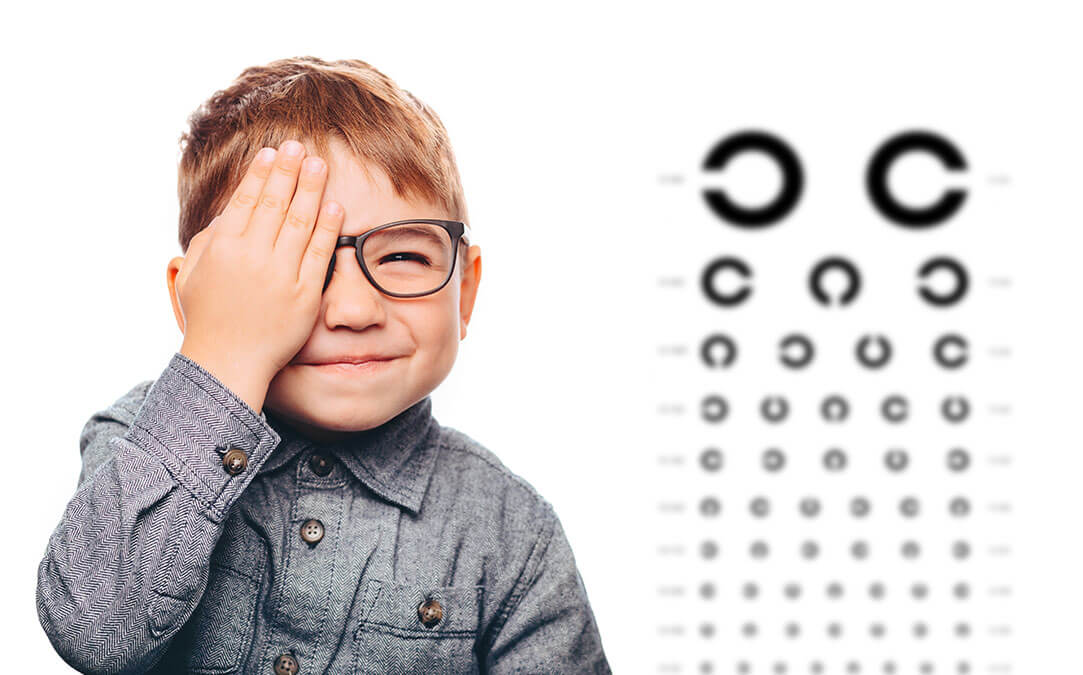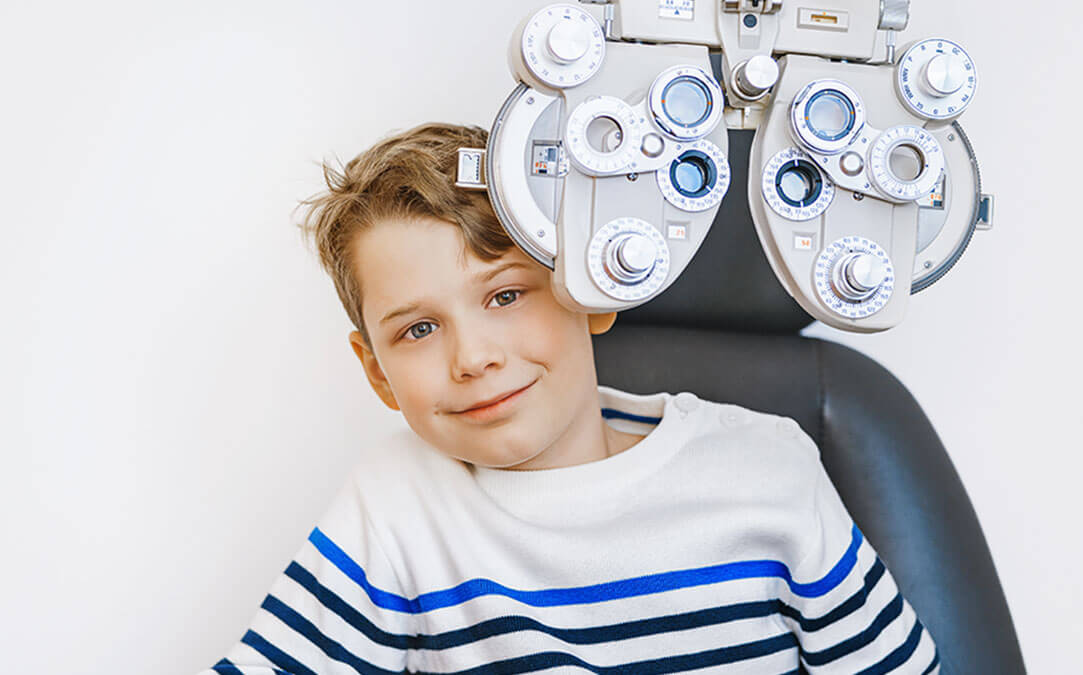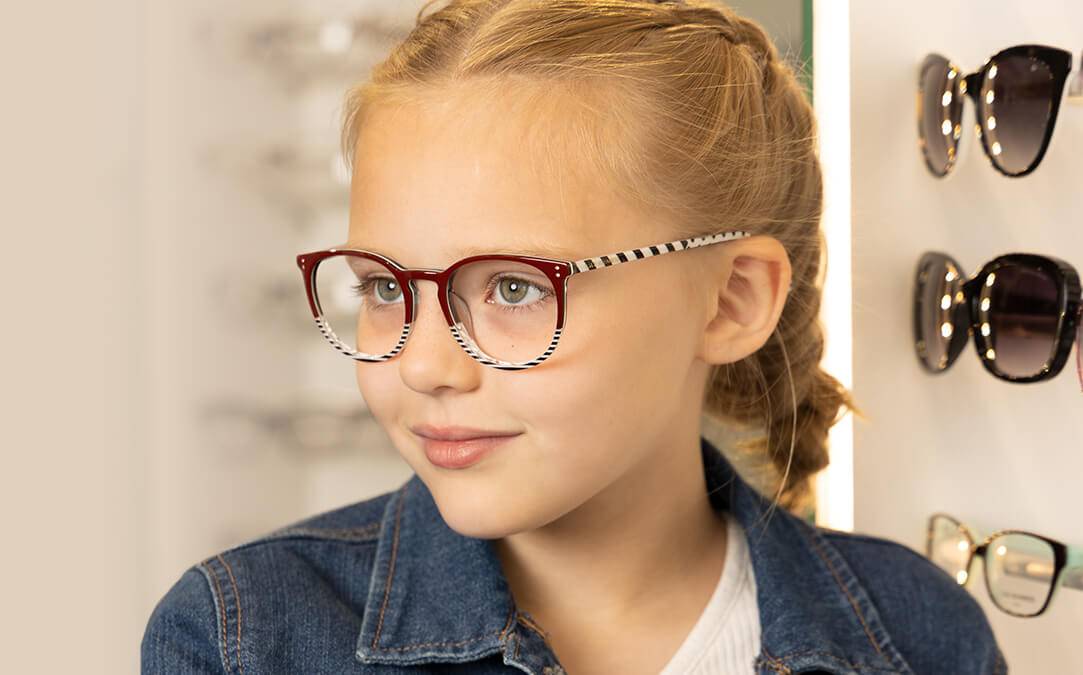There are several eye health tips good for patients of all ages:
Eat a nutritious diet including plenty of fruits and vegetables
Foods with antioxidants, vitamins and minerals including vitamin C, omega-3 fatty acids, vitamin E and more promote retinal health & support healthy tear production.
Stay active & maintain a healthy weight
Risk factors like high blood pressure, high cholesterol & diabetes can lead to vision loss.
Wear protective eyewear during sports
Discuss your child’s extracurricular activities with your eye doctor to learn how to prevent common eye injuries.
Monitor screen time & take breaks
Don’t let children stare uninterrupted at computer screens, televisions, smartphone displays or tablets. At a minimum, take a screen break every 20 minutes to relax the eyes.
Wear sunglasses
Children’s eyes are even more vulnerable to UV light than adults’. Wear lenses with 100% UV protection when exposed to UV rays.
Avoid smoke
Encourage your children to avoid smoking, including second-hand smoke (and be a good example!). Smoking elevates the risk of forming cataracts, glaucoma, dry eye syndrome and macular degeneration.
Learn the family tree
Discuss your family history of eye health and diseases with your optometrist. Follow all of your eye doctor’s advice on screening and treating eye conditions.
Young children may not recognize the difference between clear and compromised vision. If you notice your child frequently squinting, getting too close to screens, or closing one eye when trying to read, they may require vision correction.



